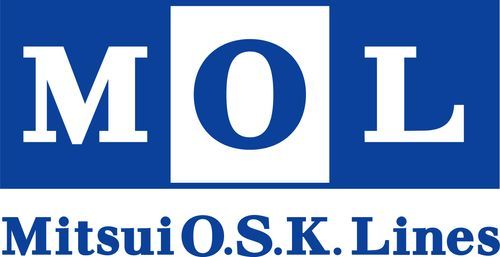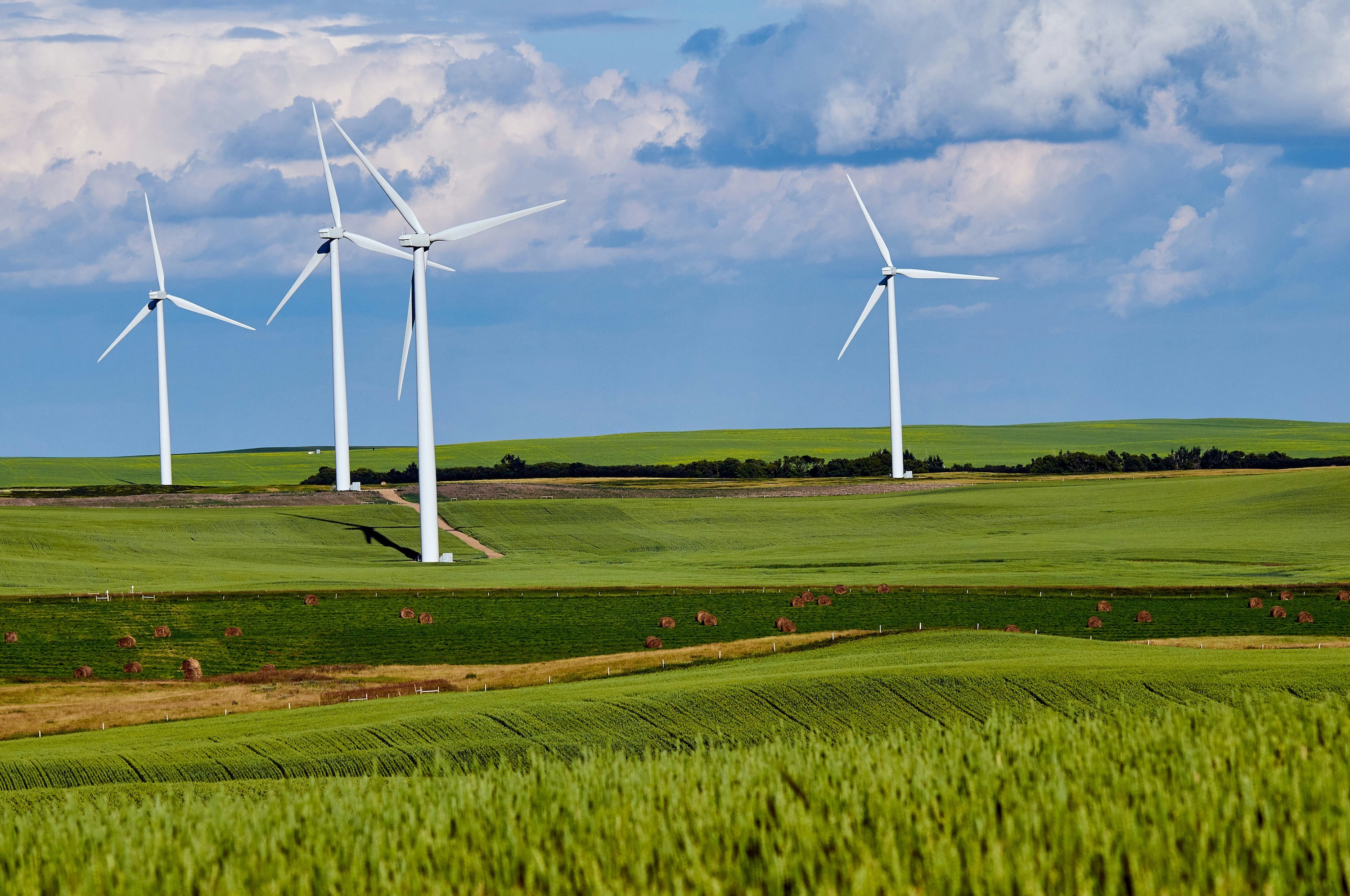Green ammonia firm First Ammonia is undergoing a capital raise for its first project at the Port of Victoria, in Texas.
The New York-based company is aiming to take a final investment decision on the construction of the facility by mid-2024, Co-founder and CEO Joel Moser said in an interview.
The project is expected to be just the first in a global pipeline of green ammonia facilities that will eventually add up to 5 million MTPA of green ammonia production within a ten-year time horizon, Moser added.
The Port of Victoria project entails an up to 300 MW facility under an offtake arrangement with Germany’s Uniper, with First Ammonia evaluating building a first phase of 100 MW or building all under one financing, Moser said. Each 100 MW module will initially produce up to 100,000 MTPA of green ammonia.
The 100 MW train of the project is estimated to cost approximately $300m, while the full 300 MW will cost between $900 – $1bn, he said.
“We like to think of ourselves not as a developer but as an industrial company, and the investors that we are likely going to be engaging with are interested in not just project one but our entire business model,” he added.
The arrangement with Uniper is “more than a heads of agreement,” Moser said, declining to specify further other than to say that the announcement “reflects an advanced stage” of their work together.
The company is in talks with debt and equity investors that would project finance the facility following a 70/30 debt-to-equity split, he said.
“We are evaluating financing and construction alternatives as to doing all 300 MW under one financing and a single build-out or two separate processes and will make that call in early 2024,” he said.
The firm is working with a bulge-bracket bank as an advisor for the capital raise, Moser said. He declined to name the advisor.
A regulated investment fund has committed seed capital to First Ammonia, which includes funding development capital to the FID stage, Moser said.
Beyond Texas
First Ammonia has contracted with Haldor Topsoe for 5 GW of solid oxide electrolysis for its project portfolio, which amounts to 5 million MTPA.
In the US, the company has a second project under development in New Mexico, for which Moser believes there will be ample offtake markets.
The inland New Mexico project is close to rail transport which can be used to take product to California or to a Gulf Coast port.
“The largest demand for green ammonia right now is to replace grey ammonia for its current uses, and that is in the chemical, refrigeration, and fertilizer industries,” he said, noting RED III regulations in the EU are driving demand for green ammonia.
He added that the shipping industry will be another major demand center, in addition to replacing coal in Japanese power plants.
“You can move ammonia into Europe by barge” to many power plants that are serviced by bodies of water, he said, noting that these plants are likely to be converted to ammonia-burning facilities. Meanwhile, plants that are not accessible by water will more likely be serviced by hydrogen pipelines, he said.
Moser believes the Port of Victoria facility and other future projects will comply with the EU’s RFNBO standards as well as strict guidelines for 45V in the US.
For its technology, First Ammonia chose solid oxide electrolysis for several reasons.
“SOEC electrolysers are the future,” he said. “They use less renewable power.”
He added that, since SOECs run at high temperatures, the wasted heat from ammonia production can be captured and fed into the electrolysis process.
“If you’re making water into ammonia as opposed to stopping at the hydrogen point, you’re much better off with an SOEC than any other product.”






